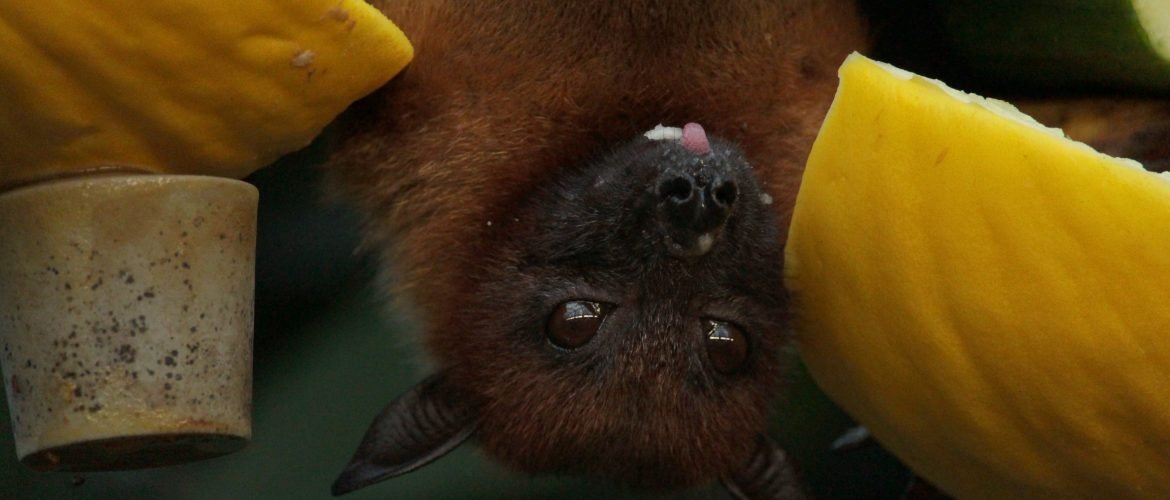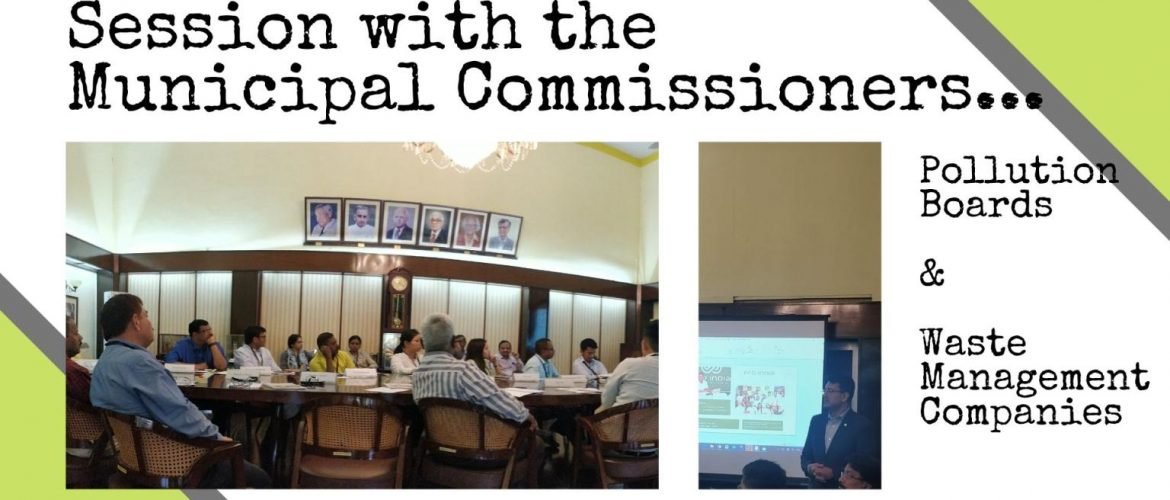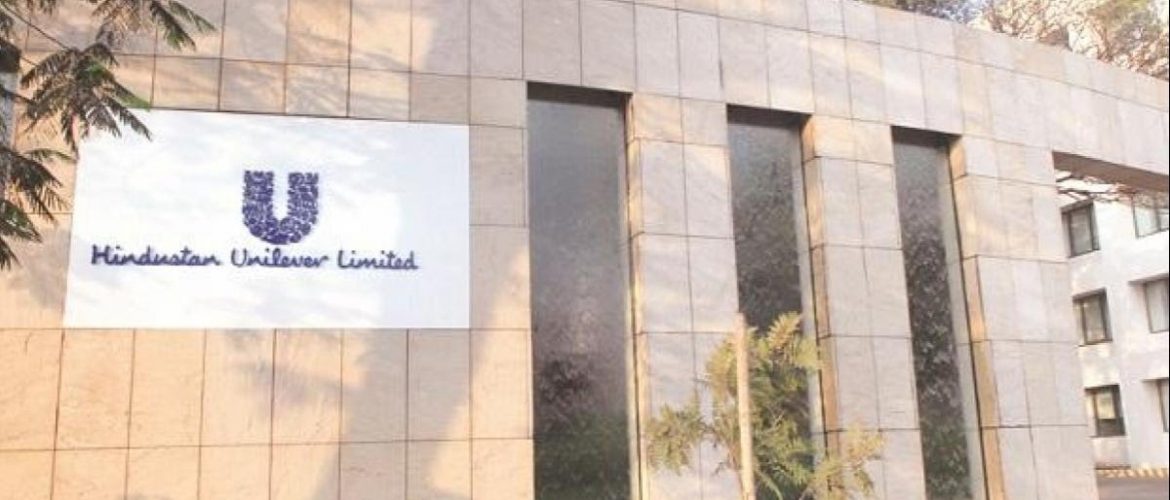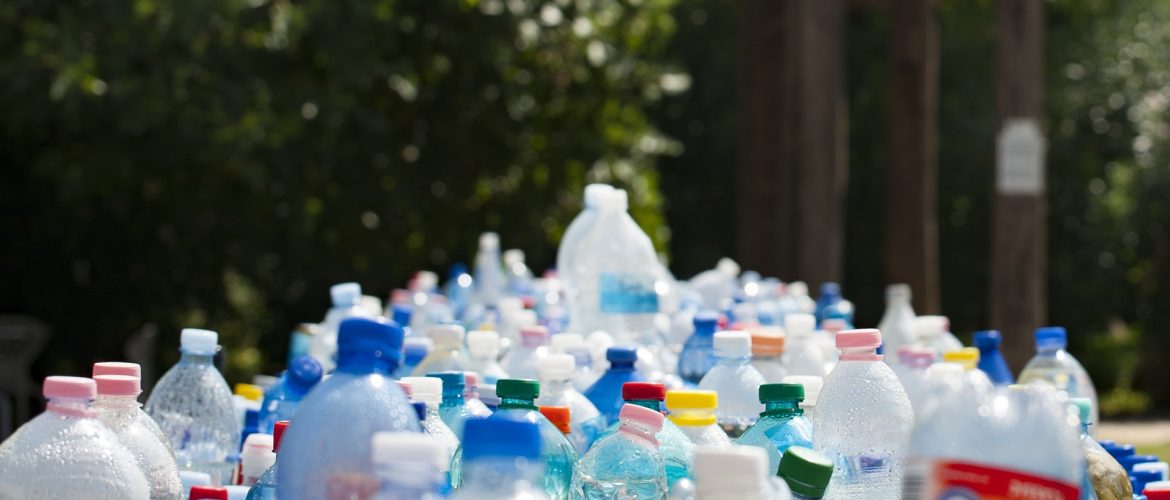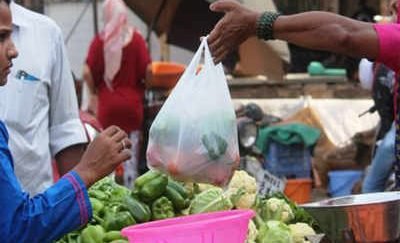Bats are not always a favorite mammal to humans. We often consider them an omen and relate them to disease outbreaks. One bat can host many different viruses without getting sick. They are the natural reservoir for the Marburg virus, Nipah virus and Hendra viruses, which have caused human disease and outbreaks in Africa, Malaysia, Bangladesh and Australia. They are thought to be the natural reservoir for the Ebola virus. They also carry the rabies virus, but in that case
It is estimated by the National Institutes of Health, Centers for Disease Control and Prevention, UCLA and Princeton University that the virus lives on plastic surfaces for 3 days. Researchers have found that reusable bags do carry pathogens, although there is no evidence about whether they might transmit the virus that causes COVID-19. How has this affected the use of plastics? Less than six months ago, Massachusetts was on the verge of passing a state-wide ban on single-use plastic bags. At least
Kochi has won an industry body’s award for ecological sustainability in recognition of the IT townships go-green efforts that save water, avoid plastics and promote overall cleanliness. Smart city Kochi Infrastructure Pvt Ltd was shortlisted for the award along with other majors such as Bosch, Ramanujam IT City and Yamaha Motors considering their contribution to green energy, water management and environmental management. More about Smart city Kochi: Located in the southern Indian state of Kerala, SmartCity Kochi is just 22 KM from
How could the Municipality implement Plastic Waste Rules ? Does the Corporation not have a score of priorities to meet first – electricity, water, cleanliness , land use, public health to name a few. Yes and also solid waste management. Deeply honored to conduct a session with Municipal Commissioners and PCB Heads of multiple states as they learn about Plastics Waste and struggle to implement the same. While some of us wonder why the corporation is not aggressively supporting the PWM
NEW DELHI: GMR-led Delhi International Airport Ltd (DIAL) said on Monday that Delhi’s Indira Gandhi International Airport has become free of single-use plastic usage. The Confederation of Indian Industry-ITC Centre of Excellence for Sustainable Development (CII-ITC CESD) that supports the business community towards achieving sustainability has certified DIAL for its successful voluntary implementation of single-use plastic-free airport measures within IGI Airport’s operations. “Our objective to make Delhi Airport free from single-use plastic is in line with the Prime Minister’s vision to
When Hindustan Unilever (HUL) decided to put a curve on its best-selling Pond’s talc pack some time back, its patrons may have assumed the move was aimed at breaking the monotony of the cylindrical shape used for decades. While breaking the boredom was one of the reasons, the slight curve at the belly of Pond’s talc packs allowed the consumer goods giant to save one-third of the plastic that goes into each pack. More recently, its distributors found that HUL had removed the plastic packaging
A year after Maharashtra government banned single-use plastic in the state, Mirror Now went on-ground to check the extent to which Mumbaikars have stopped using plastic. The industry was given 2-years of time to come up with alternatives for the multi-layer packaging and it did not come up with it. With this pace, I don’t think India can reach that level by 2020: Dinesh Raj, CSE to Mirror Now. Source : Mirror Now
Mumbai airport will be plastic-free from October 2 (Wednesday), announced the GVK-run airport on Monday. The Mumbai International Airport Limited released a notice which laid out the guidelines of plastic-ban in accordance with the Government of India. “The airport has banned all single-use plastic items including disposable cutlery made up of thermocol (polystyrene or plastic), PET/PETE bottles (less than 200 ml), plastic bags (with/without handle), disposable dish/bowl for food packaging, straws, thermocol items and bubble wraps,” a Mumbai International Airport Ltd
BHOPAL: As October 2, the date of enforcing the ban on one-time-use plastic items draws closer, everyone associated with the state’s plastic industry — manufacturers, traders and workers — have their fingers crossed. Read more at: http://timesofindia.indiatimes.com/articleshow/71365402.cms?utm_source=contentofinterest&utm_medium=text&utm_campaign=cppst


